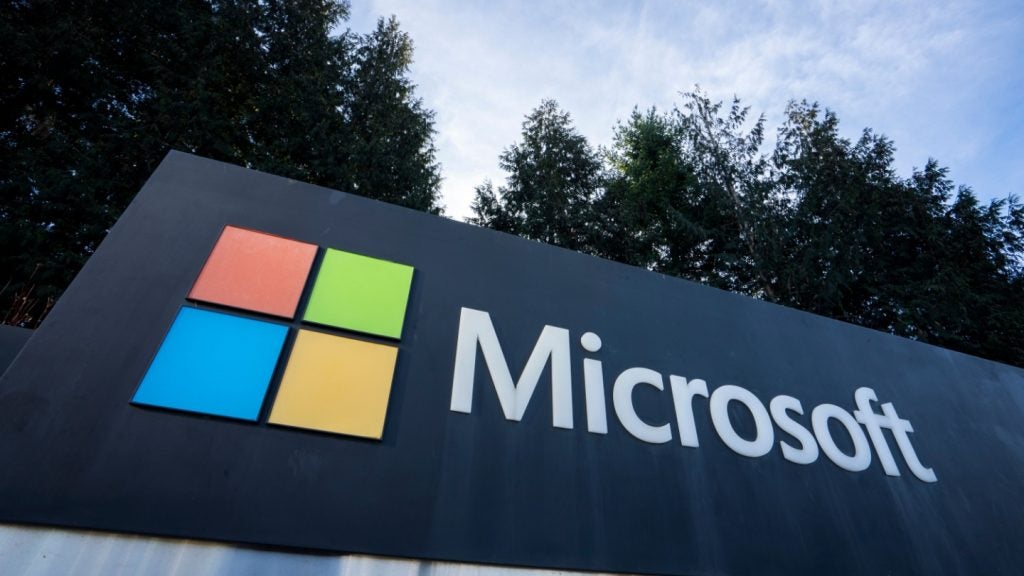
Businesses transferring data across the Atlantic will breathe a sigh of relief this month as the new EU-US Data Privacy Framework comes into effect.
Two previous legal frameworks on EU-US data sharing were struck down in European courts over data privacy concerns. The new deal promises to ensure safe data flow, but not everyone is pleased, and privacy activists are ready to challenge it in court once again.
A new era for transatlantic data sharing?
In July 2023, the EU and the US reached a deal to let data flow across the Atlantic, ending years of legal uncertainty for thousands of companies over the transfer of personal information between Europe and the US. Brussels formally recognized the US as a country with sufficient protection for Europeans’ personal data and adopted a so-called adequacy decision under GDPR.
A new Data Protection Review Court in the US will allow European residents to bring claims against US agencies if they believe their data was not gathered in a “necessary” and “proportionate” way. The framework also pledges that only “necessary and proportionate” data will be collected.
The new data privacy deal will likely be challenged again in court very soon
However, the agreement could be challenged in court yet again, after the EU’s top court struck down the previous data agreement, known as the Privacy Shield, in 2020. The non-profit group NOYB (None of Your Business), led by privacy activist Max Schrems, claims that the deal brings little change and it is largely a copy of the failed Privacy Shield, which was invalidated by the European Court of Justice for failing to limit access to data by US authorities in ways that were “equivalent” to EU laws such as Europe’s GDPR.
Mr. Schrems’ argument is that there needs to be a change in US surveillance law to make a new deal work and that this is lacking at the moment. The privacy activist, who filed the lawsuits that led to the downing of the two previous data pacts, said he would likely challenge the new deal in court by the end of August 2023. He expects his complaint to come to the European Court of Justice in early 2024.
How well do you really know your competitors?
Access the most comprehensive Company Profiles on the market, powered by GlobalData. Save hours of research. Gain competitive edge.

Thank you!
Your download email will arrive shortly
Not ready to buy yet? Download a free sample
We are confident about the unique quality of our Company Profiles. However, we want you to make the most beneficial decision for your business, so we offer a free sample that you can download by submitting the below form
By GlobalDataData privacy campaigners’ concerns result from the Edward Snowden revelations that European users’ data is not sufficiently protected from US intelligence agencies when it is transferred across the Atlantic. In May, Meta was fined a record€1.2bn ($1.3bn) by Ireland’s Data Protection Commission (DPC), as the result of a legal challenge brought by Mr. Schrems, and ordered to suspend the transfer of data from the EU to the US.
The lack of a US data privacy law has added to the costs for businesses
President Biden included stronger data collection guarantees in the executive order that paved the way for the new agreement. But US privacy laws are still lax compared to the EU, and the fact that there is no comprehensive data privacy legislation at the federal level does not help. Data privacy regulation in the US is highly fragmented, with different and coexisting data privacy regimes leaving businesses facing distinct compliance requirements.
The most prominent regulation, the American Data Privacy and Protection Act (ADPPA), has been tabled and is now receiving attention from most of the privacy world. However, it looks less likely that the ADPPA will pass a divided Congress anytime soon, leaving a vacuum at the federal level.








